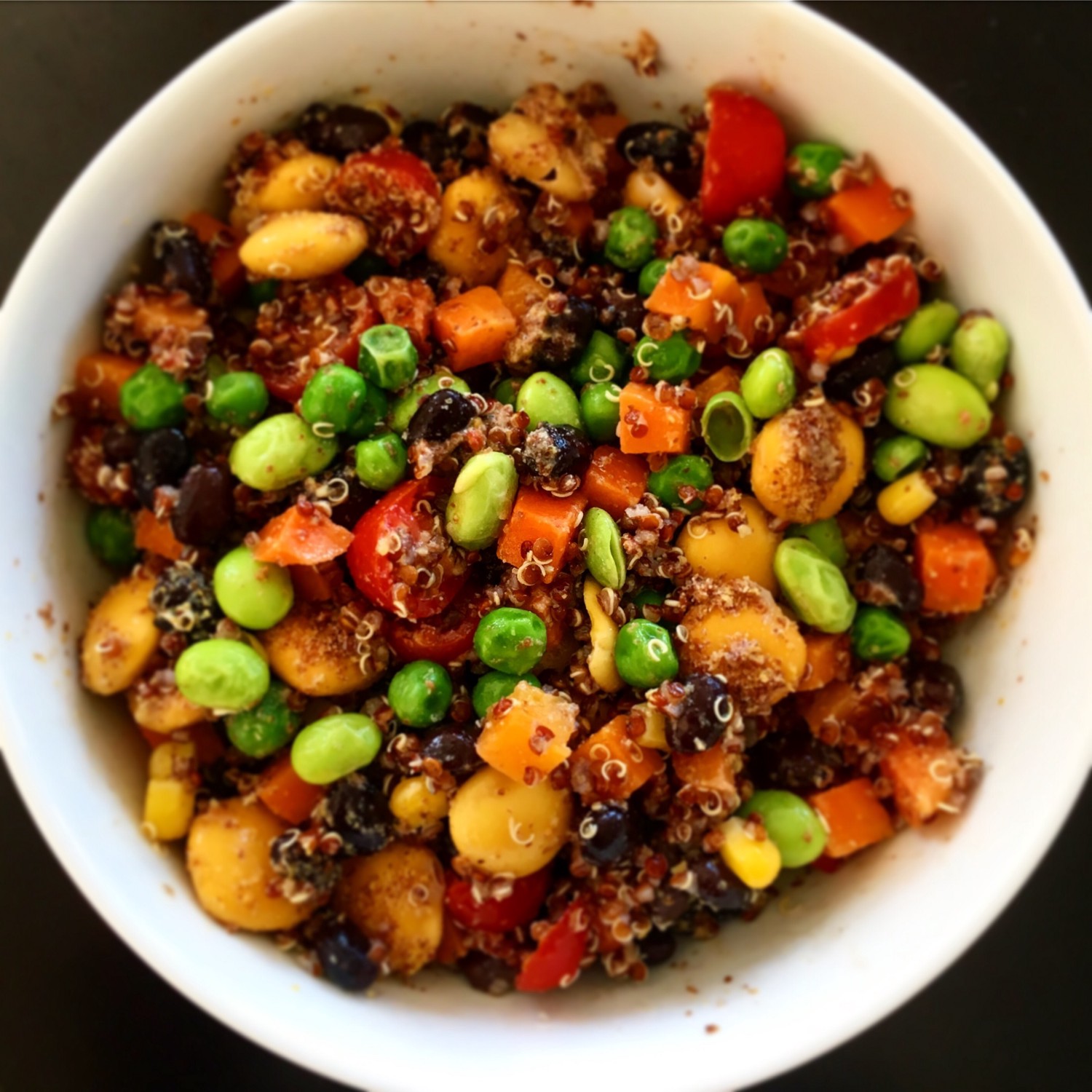In looking for ways to optimize my health and fuel my active lifestyle, I came across the concept of a Whole Foods Plant Based (WFPB) diet.
There’s an enormous amount of confusion and misinformation on the topic of nutrition and diets. Much of it pseudo-science, often funded by parties that stand to benefit from the not-so-surprising results of rigged studies.
I’m not a scientist or nutritionist, just a long time amateur student of these topics for my own benefit and the benefit of interested family and friends. While navigating the sea of misinformation I eventually found a source I came to trust in http://nutritionfacts.org/ . Once you get into it you realize the tremendous influence nutrition has in our health. Either we like it or not, it plays a key role in causing/preventing and reversing a number of life-threatening diseases.
When I combined their information with the inspiring stories of athletes Brendan Brazier, Scott Jurek and Rich Roll to name a few, I knew this was something I had to try on my quest to optimize my health and life performance.
I started by adding more WFPB foods to my diet and crowding out the other items. My taste buds began to change and, to my surprise, I began craving plant foods, all while my energy levels rose. It felt good.
When it came to athletic performance, there was a significant change. I could go on a hard long run or do a strenuous workout and be fully recovered by the next day, sometimes even in hours, without virtually any soreness. The same intensity before the diet change would leave me sore for 2–3 days and I’d still feel muscles and joints weren’t fully recovered in the workout that followed.
In a simplistic way, research from sources above suggest this is related to how a WFPB diet reduces inflammation in the body and the high nutrient content provides the body with all it needs to quickly integrate and recover a workout. Whatever the reason, sign me up!
While I continue to be driven by how I feel and perform to increase WFPB foods and reduce others, the closest description that aligns with what I consume on a monthly basis would be a Nutritarian pyramid . I haven’t removed anything from what I eat per se, I prefer to look at it as a sliding scale and adjust based on the results I experience. The higher percentage of WFPB foods however, the better I feel. Digestion is easy and I’m energized after meals rather than needing a nap. Well, except after a giant bean burrito that is.
I attribute a significant portion of my success in ramping up to finish a marathon in 8 weeks to this approach to diet. It allowed me to quickly integrate and recover from weekly 20 mile runs, also being a key part of my taper, filling the tank with abundant nutrients and optimizing the body to efficiently absorb carbs during the race. Fruit, anyone?
I will continue experimenting and reporting here. In the meantime I will be fueling mostly on WFPB #plantfuel and thoroughly enjoying the occasional indulgences. It seems to work for me.
Originally published at medium.com


